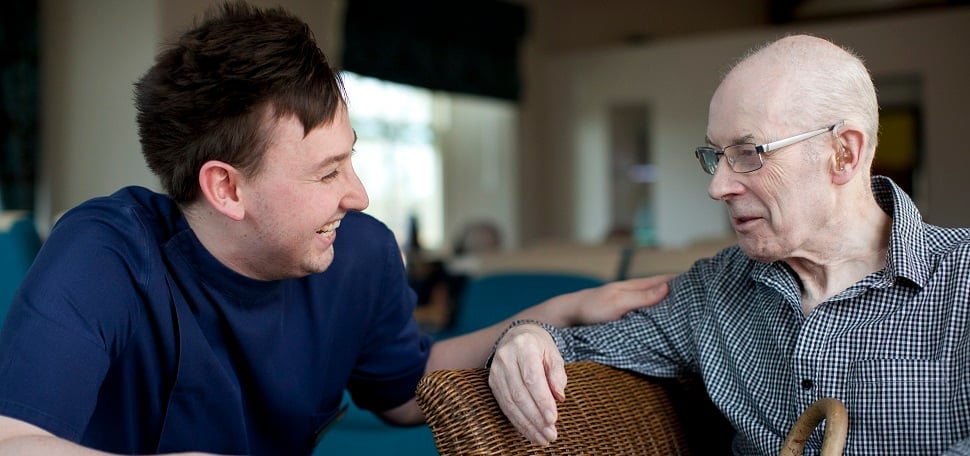Community Support & Health Services

Comprehensive health and support services are vital to maintaining the health and independence of older Londoners. An Age-friendly City must provide sufficient good quality, appropriate, and accessible care for people of all ages.
The recent NHS Ten Year Plan aims to improve provision of health services, with particular emphasis placed on ensuring that health and social care complement each other. Prevention is key theme of the Plan, with particular focus on 5 areas – smoking, obesity, alcohol, air pollution and anti-microbial resistance. The Ten Year Plan suggests that much of this will be achieved through better use of technology, which – if introduced correctly with good support for older users – will be a positive step forward.
Yet despite such changes, Age UK has been warning of a “Care Crisis”, with underfunding and a “postcode lottery” leaving many without the care support they need, especially as cute to local authority care services continue. Back in the March 2017 Budget help appeared to be at hand when the Government said it would publish a Green Paper on social care – making a manifesto commitment to it in that year’s subsequent General Election. However over 700 days later the Green Paper has yet to see the light of day.
There are a number of ways to ensure proper community support and health services in an Age-friendly City:
Accessible Care
All health services in an Age-friendly City must be well located and easily accessible. It is possible to overcome geographical barriers through a properly maintained and well-planned transport network. Meanwhile, the buildings that house healthcare must be safe and accessible, with well-maintained elevators and ramps where necessary. Local health services must be well advertised and there should also be easy access to education on health, either through advertisements or provisions of local information services.
Staff attitudes play a key role in creating age-friendly health services, helping to put older patients at ease through polite and friendly behaviour, as well as in-depth knowledge of their access requirements. Staff must also be trained to keep older patients well-informed about their treatment and the options available, by use clear and simple language without falling into the trap of patronising their clients.
A Wide Range of Services:
The medical needs of every older Londoner are unique and the range healthcare available must reflect this. Mental health services, rehabilitation centres, and palliative care provision are just some examples of the different forms of care that must be made available. The correct equipment should also be tested and supplied, from wheel-chairs and walking frames, through to hearing aids and personal alarms.
Healthcare providers must also reflect a growing need for preventative services. This can include direct medical services (such as precautionary screening and mental health support) as well as more protracted programmes, including nutritional guidance and education around injury prevention. Age-friendly Cities should make sure that there are opportunities for older citizens to protect their wellbeing by partaking in sports activities and attending regular health checks.
There is also a growing need for a wide range of home support and care services – from help with shopping and/or providing meals to home visits from doctors and other service providers.
Affordable Care Facilities
A common concern in the WHO Age-friendly Cities Guide is the lack of adequate and affordable care options for older people who are no longer able to live in their own homes. Accordingly, an Age-friendly London must ensure that care homes provide safe and accessible care to a high standard. This includes hiring sufficient numbers of trained staff to avoid the mistakes and negligence that can occur through overwork.
Click here to keep up-to-date with our Age-friendly London campaign!
